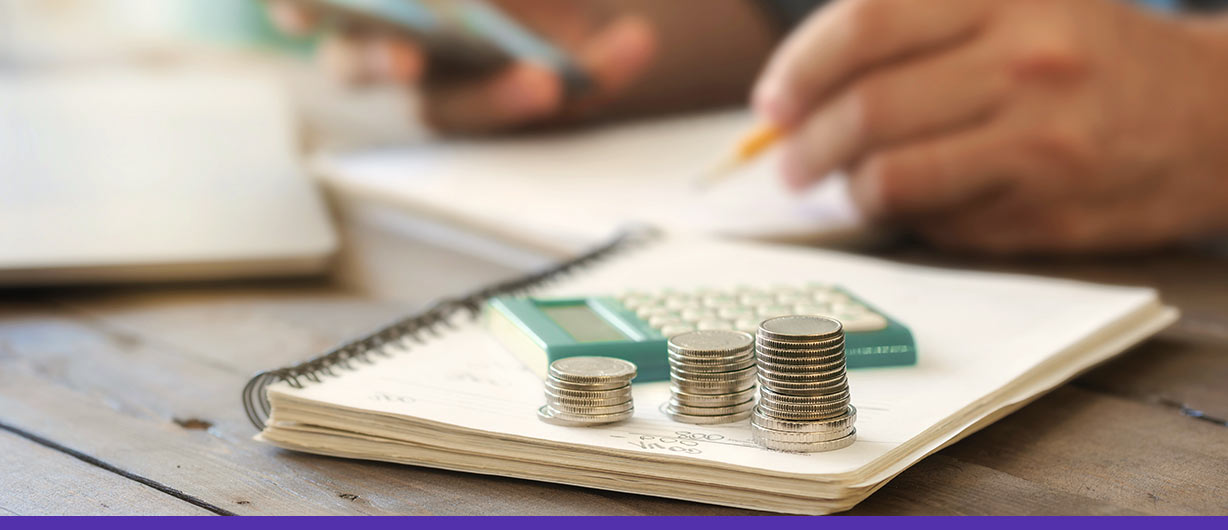March 16 2023 | By Wajiha Danish | 5 minutes Read

What Is Supplemental Pay?
Difference Between Supplemental Pay and Regular Wages
What Is Supplemental Pay Tax?
What Is A Supplemental Wage Tax?
Examples Of Supplemental Pay
Overtime Pays
Bonuses
Commission
Shift Differential Pay
Hazard Pays
Performance Pays
Profit-sharing
Stock Options
Tuition Reimbursement
In A Nutshell…
Supplemental pay is any form of compensation, paid to employees apart from their regular wages or salary. That includes bonuses, overtime pay, shift differentials, commissions, and other forms of additional compensation.
Employers often use supplemental pay to motivate and reward employees for their dedication. For example, a company might offer bonuses to employees who meet or exceed certain performance targets or achieve specific goals.
In some cases, supplemental pay may be required by law. For example, employers may be required to pay employees overtime for any hours worked beyond a certain number per week or to provide hazard pay for employees who work in dangerous conditions.
Supplemental pay is additional compensation beyond an employee’s regular wages or salary. This type of payment may include bonuses or other forms of compensation.
On the other hand, regular wages refer to the base salary or hourly rate that an employee earns for performing their regular job duties. The employer typically sets these wages and pays regularly, such as weekly, biweekly, or monthly.
The key difference between supplemental and regular wages is that supplemental pay is not part of an employee’s regular, ongoing compensation. Instead, it is typically a one-time or periodic payment tied to specific performance metrics, such as meeting sales goals or working overtime.
Additionally, supplemental pay may be subject to different tax treatment than regular wages, depending on the payment type and the employer’s payroll policies. For example, bonuses and commissions may be subject to different tax withholding rules than regular wages and may be taxed at a higher rate.
Supplemental pay tax is imposed on certain types of income that are considered “supplemental” or “extra” to an individual’s regular wages or salary.
Supplemental pay is usually subject to higher tax rates than regular wages, and employers must withhold a certain percentage of this pay to cover the employee’s tax liability. This tax withholding is done using the IRS‘s supplemental wage rate, typically higher than the regular withholding rate.
In the United States, employers must withhold 22% of supplemental pay of less than $1 million and 37% of more than $1 million. These taxes go towards funding various government programs and services.
Now that we know what supplemental pay tax is, let’s move one step forward to learn about what supplemental wage is.
The Internal Revenue Service requires employers to hold back taxes on supplemental wages at a flat rate of 22% for federal income tax. Employers may also be required to withhold state and local taxes, depending on the laws of their state or municipality.
Employers may sometimes combine supplemental wages with an employee’s regular wages and withhold taxes based on the total amount. Alternatively, they may withhold taxes on supplemental wages separately from regular wages.
It’s important to note that although supplemental wage taxes are withheld from an employee’s paycheck, they do not necessarily represent the final amount of taxes owed. At the end of the tax year, employees must file their annual tax return and may receive a refund if they overpaid or owe additional taxes if they underpaid.
Supplemental pay refers to compensation employees receive on top of their regular wages or salaries. Here are some examples of supplemental pay:
Employees receive an extra payment when they work more than their regular hours. Typically, employers pay time-and-a-half for any hours worked beyond the standard 40-hour workweek.
Employers may offer bonuses to reward them for their hard work, achieving specific goals, or meeting targets. Bonuses can be in gift cards, cash, or other benefits.
The commission is a percentage of sales that employees receive as additional pay. Commission-based jobs are common in sales, marketing, and other customer-facing roles.
Some companies offer additional pay to employees outside of regular business hours, such as night shifts or weekends.
Employers may offer hazard pay to employees in dangerous or high-risk jobs, such as healthcare workers during a pandemic or firefighters.
Some companies offer performance-based pay, where employees receive additional pay based on performance evaluations, achievements, or merit-based promotions.
Profit-sharing is supplemental pay where employees receive a share of the company’s profits as additional compensation.
Some companies offer stock options to their employees as a form of supplemental pay. Stock options allow employees to purchase company stock at a discounted price, which can be sold later for a profit.
Some companies offer tuition reimbursement programs that help employees pay for their education. It can be a valuable supplemental pay for employees wanting to advance their careers.
In conclusion, supplemental pay is an important tool employers can use to incentivize their employees and recognize their contributions to the company. Whether it takes the form of bonuses, commissions, or other forms of compensation, supplemental pay can help boost employee morale, increase productivity, and improve retention rates.
However, it is important for employers to carefully consider their supplemental pay policies and ensure that they are fair, transparent, and in compliance with all applicable laws and regulations. By doing so, employers can create a positive and rewarding environment that retains top talent, ultimately leading to increased business success and growth.
Read Also: What You Need To Know About Net Payment Terms
Subscribe for business tips, tax updates, financial fundamentals and more.
MORE BLOGS

Running a SaaS business can look simple from the outside. Customers sign up, pay monthly or yearly, and keep using the product. Quite straightforward, right? Behind […]
Learn More →
Revenue is the heartbeat of any SaaS business. But how and when that revenue shows up on your books can change everything, from investor confidence to […]
Learn More →
If you’re a small business, we will absolutely get it if you say you’re having a hard time choosing a payment platform for your company. And […]
Learn More →